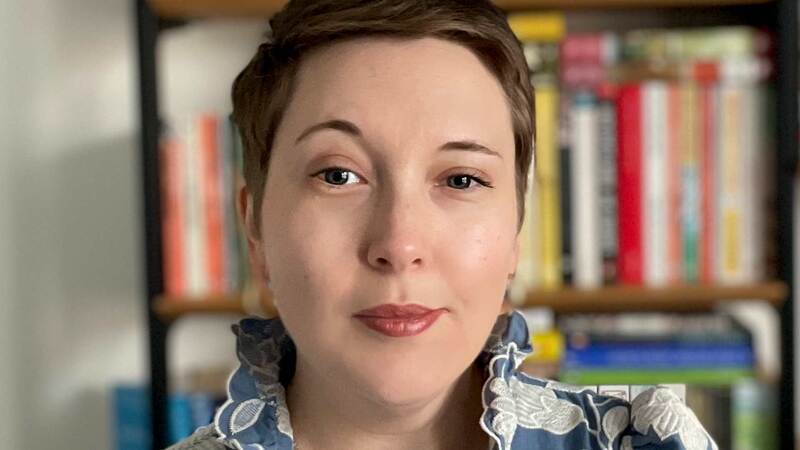You are viewing your 1 free article this month. Login to read more articles.
Women's Prize to formulate new policy around gender criteria
The Women's Prize for Fiction has said it is working on a policy around gender fluid, transgender and transgender non-binary writers after featuring non-binary author Akwaeke Emezi on its latest longlist. Chair of the trustees Joanna Prior stressed that the Trust was comfortable with the eligibility of all 16 authors on the longlist, but needed to assess its criteria.
Prior told The Bookseller: “Like many organisations, the Women’s Prize Trust is now working to formulate a policy around gender fluid/transgender/ transgender non-binary writers to provide clarity for the Prize in the future.”
Emezi became the first non-binary trans person to be nominated for the Women’s Prize for Fiction last month, for debut novel Freshwater (Faber). A number of media reports focused on the author's background and a week after the longlisting the Times ran a piece about Emezi, questioning the criteria for the prize. The Times reported that Emezi had criticised the jury after one of the judges, Arifa Akbar, wrote in the Guardian that at the time of publication the author had identified as a woman; however Faber's editorial director Louisa Joyner has said that this was not the case. The Guardian article has since been corrected.
Joyner, who published Emezi’s novel last year,
On the 11th of March @thetimes ran a piece about @WomensPrize long listed author Akwaeke Emezi's novel #Freshwater. It was, I believe, discriminatory, and contained errors so I wrote as editor @FaberBooks. They have declined to print my letter so I am sharing it with you now. pic.twitter.com/wPMUihtN1N
— Louisa (@LouisaJoyner) April 2, 2019
Professor Kate Williams, chair of judges, previously told the Guardian that the judges were not aware of Emezi’s gender identity when they selected Freshwater, but they did check that Emezi was happy to be longlisted before the announcement.
The Women's Prize refused to be drawn on what its judges understood about the author at the time of the longlisting. The Guardian noted that the first book jacket used “she” pronouns when referring to the writer. But the trustees said the prize was now working on a policy around gender fluid, transgender and transgender non-binary writers.
Freshwater was published by Faber in November after Joyner bought the coming-of-age book from Alba Ziegler-Bailey at The Wylie Agency. Prior to its publication in the UK, it drew praise from authors such as NoViolet Bulawayo and Taiye Selasi, and has sold 1,837 copies for £17,053, according to Nielsen BookScan.
Born in Umuahia and raised in Aba, Nigeria, Emezi is also a video artist. Emezi received an MPA from New York University and won the 2015 Miles Morland Writing Scholarship as well as the 2017 Commonwealth Short Story Prize for Africa. Emezi's work has been selected and edited by Chimamanda Adichie, and published in various literary magazines, including Granta.
The Bookseller has contacted Faber and the Times for a response.















